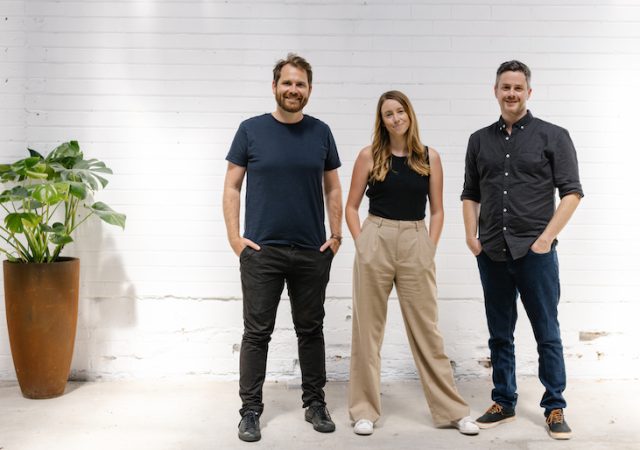Following the release of their small business insights report, Trent Innes, Managing Director of Xero Australia, reveals the realities for many Aussie small business owners.
After all the late nights and pressure-filled days, your business is finally up and running. Congratulations, you’ve made a leap that many Australians aspire to. And while it may not all be smooth sailing from this point – Xero’s research has highlighted that one-third of small business owners find the first 12 months harder than they expected – understanding the challenges ahead can help you to plan, prepare and make the most of your business.
Small business owners are some of the bravest people I know. They take big risks to see their passion come to life. And, for many, it’s a hard road in those early years. The days are long, the work is difficult, and the 25% of small business owners who can’t afford to pay themselves a wage in their first year, are probably just scraping by.
However, I truly believe there has never been a more exciting time to be a small business owner. They have more access to tools, data and support than ever before, saving time and helping set themselves up for success. It’s vital in those early days to get the right systems and support in place.
Biting off more than you can chew
Perhaps one of the hardest things for new business owners is knowing when to get help. In fact, our research shows more than half (57%) of small business owners said the biggest mistake they made in their first year was trying to do everything themselves.
You may be small and new, so doing everything – from managing the financials to drumming up business through marketing – feels like the natural way to save costs. But don’t confuse being busy with being productive.
These days, apps and digital connectivity help small businesses to thrive by streamlining operations, supporting growth and customer service, and reducing the hours spent on back office and administration tasks. Our recent report into digital connectivity found that the fastest growing firms, whether big or small, were more likely to use business apps.
Playing to your strengths
Rather than heaping too much on your plate, increase efficiency by playing to your strengths and then getting support where you need it.
One example is getting help to manage your finances. The latest data from Xero Small Business Insights shows that more than 46% of small businesses were in the red in the month of August.
If doing the accounts isn’t your forte, outsource it or implement the necessary support systems to make it easier. Being paid on time and maintaining a positive cash flow are two of the biggest challenges for small businesses, and the reason many fail – our survey found 51% of small business owners wish they’d known more about budgeting and cash flow before they started out, and 35 per cent found managing them the most stressful aspects in their first year. Of the small businesses on Xero, 92 per cent have an accountant or bookkeeper, and we believe that’s a key reason why they’re more successful. I’d recommend you get one – it’s not an area to skimp on costs.
Whatever challenges you face, don’t feel as if you have to go it alone. Seek out an advisor, or talk to someone you trust, and take time out to upskill yourself. There’s also a wealth of resources and information online. We’ve just released First Year Frontiers, a new podcast and video series that helps small business owners navigate through their first year in business.
Don’t forget why you’re doing this
Starting your own business requires a huge investment, not just in terms of money. Most of the small business owners we surveyed (26%), took one to two years from first having the idea to launch, while 54% spent more than 40 hours a week on their business in the first year. That’s a huge time commitment, particularly if you’re making little to no wage.
It’s not an easy situation, so when things get tough, remember why you set out on this journey in the first place. For many people, the biggest motivation for starting their own business is family – wanting to create a better life, or to have greater flexibility about when and how they work. Understanding your ‘why’ – or identifying what motivates you – can be a powerful tool when you’re facing unexpected challenges.
Remember, nothing worth having is ever easy, and starting a business – having something that’s yours and building it up with your own efforts – might just be one of the most challenging but rewarding things you ever do.
Featured Image | City of Melbourne/ That Startup Show / Photographer Wren Steiner




















Trending
Daily startup news and insights, delivered to your inbox.